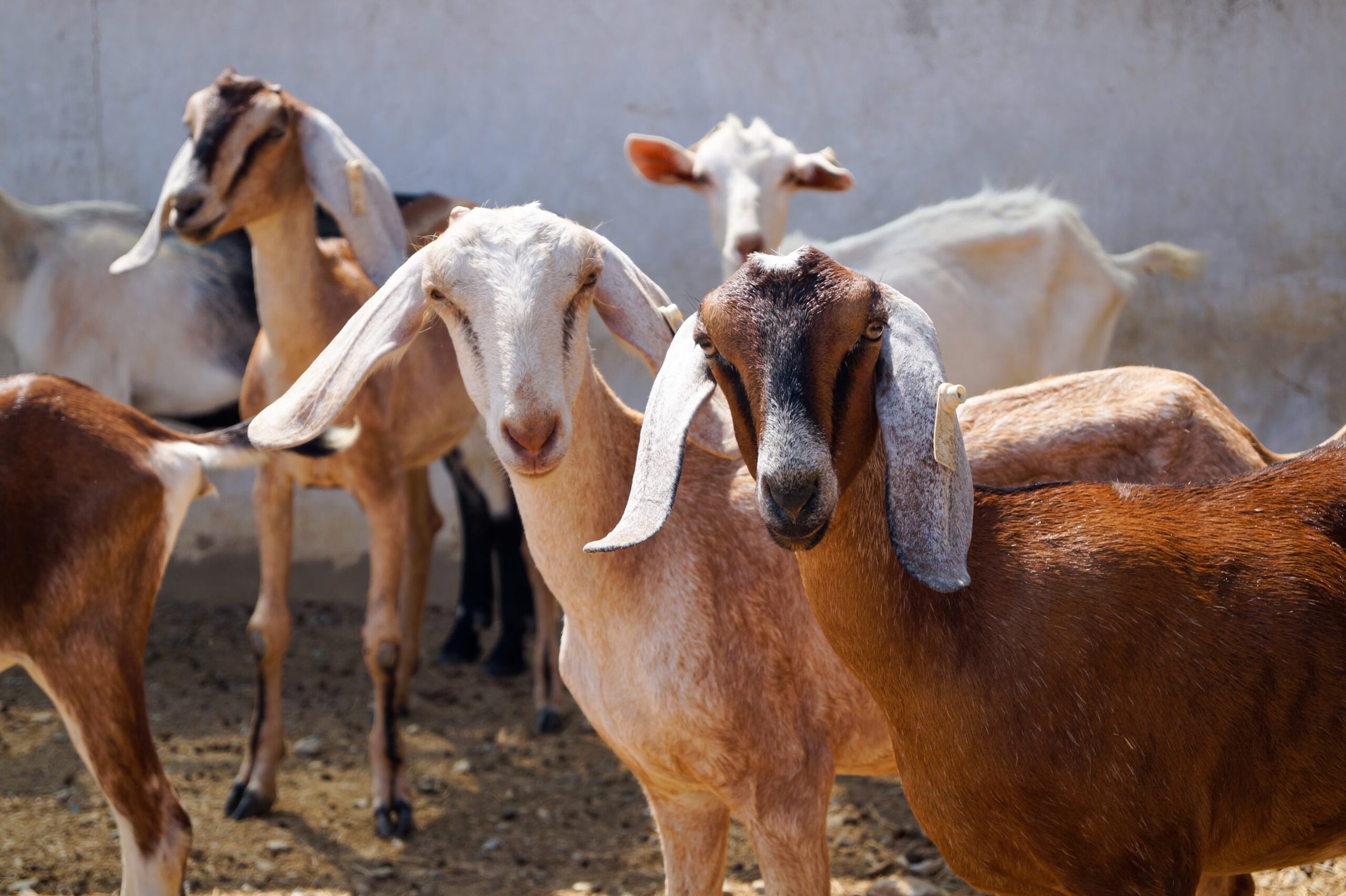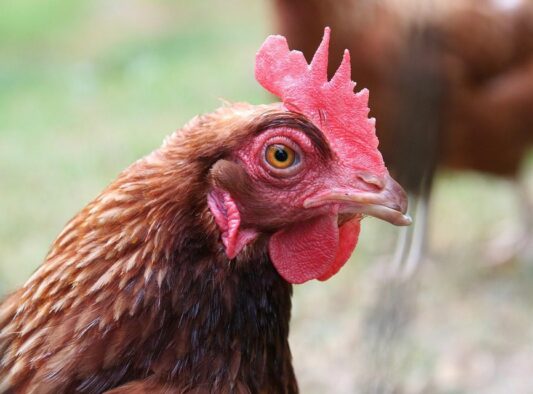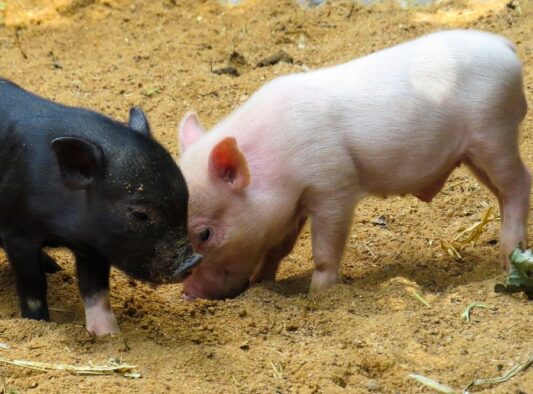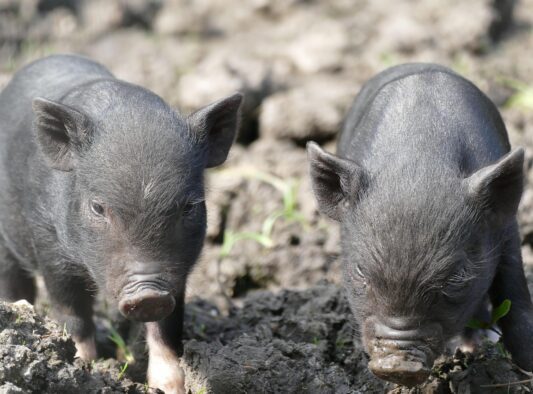USDA Concludes $100 Million HPAI Research Funding Round
The U.S. Department of Agriculture (USDA) has concluded its competitive funding round offering up to $100 million for projects focused on the prevention and control of highly pathogenic avian influenza (HPAI). This funding formed part of the USDA’s broader $1 billion strategy aimed at safeguarding the U.S. poultry industry, bolstering food security, and ultimately helping…
GALVmed Launches VITAL 2 to Boost Ruminant Vaccination in Africa
The Global Alliance for Livestock Veterinary Medicines (GALVmed) has launched a new five-year programme, VITAL 2, aimed at improving ruminant vaccination rates in Kenya, Tanzania, and Nigeria. Building on the success of the original VITAL initiative, VITAL 2 will address persistently low vaccination coverage among cattle, sheep, and goats—animals vital to food security and livelihoods…
WOAH Adopts International Standards for African Swine Fever Vaccines
At its 92nd General Session held in Paris, 25–29 May 2025, the World Organisation for Animal Health (WOAH) adopted new international standards for African swine fever (ASF) vaccines, marking a significant milestone in the global fight against this devastating disease. The adoption of Chapter 3.9.1 of the Manual of Diagnostic Tests and Vaccines for Terrestrial…
Global African Swine Fever Research Alliance (GARA) Scientific Meeting
28-30 April, 2025
Rome, Italy
STAR IDAZ Newsletter
We produce a newsletter to keep you up to date with all STAR IDAZ activities. So, if you are interested in finding out more about what the Executive Committee, Scientific Committee and Regional Networks have been up to, please sign up to receive it.
The most recent newsletter can be downloaded here:
https://www.star-idaz.net/wp-content/uploads/2025/02/STAR-IDAZ-Winter-Newsetter-2024.pdf







